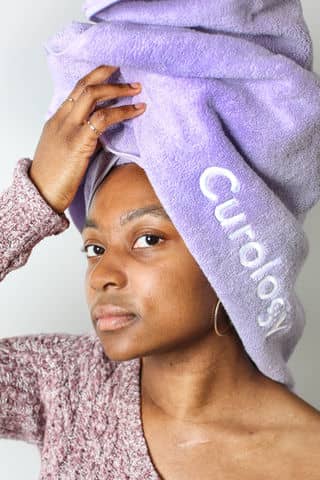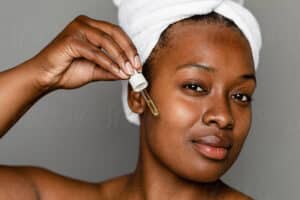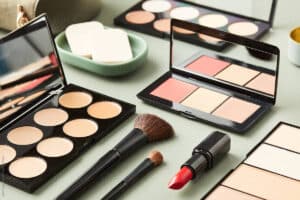BHAs stand for Beta Hydroxy Acids, a type of hydroxy acids whose main purpose is to deeply exfoliate the skin by removing dead skin cells and excess sebum in order to unclog the pores. When one wants to tackle skin issues like acne, bumps, clogs, blemishes, enlarged pores, and sun damage, they should always look out for BHAs because they are oil-soluble meaning they go deep into your hair follicles to dry out the excess oils. They are suitable for those with oily, combination, and normal skin. BHAs should not be used daily because of their drying effect, and if it’s your first time, you can apply them once a week until your skin gets comfortable with the product.
Once every other day is plenty unless you are on a program with an expert that says otherwise. Even though BHAs don’t make the skin as sensitive to UV rays as AHAs, you are advised to wear sunscreen to prevent further sun damage.
Types of BHAs
BHA refers to the ingredient salicylic acid (or related substances, such as salicylate, sodium salicylate, and willow extract) which is the most widely used BHA in skin care products. There are other types of BHAs like beta hydroxy butanoic acid, tropic acid, and trethocanic acid. The BHA most commonly used in cosmetics is salicylic acid. On rare occasions, citric acid is also cited as a BHA in cosmetic formulations. More commonly, citric acid is referred to as an AHA.
Salicylic Acid
Naturally found in the bark of certain plants like white willow and wintergreen leaves. It’s a fat-soluble that is mild but still effective because of its exfoliating properties that help penetrate deeper into the skin surface to help balance sebum levels in the skin in order to prevent acne breakouts. It’s a common acne treatment but also targets other skin conditions like psoriasis, rough and bumpy skin, general redness, and inflammation. Dermatologists always recommend using BHA products with higher concentrations of salicylic acid to treat severe acne.
The difference between Beta Hydroxy Acid (BHA) and Alpha Hydroxy Acid (AHA)
BHAs are oil-soluble acids that penetrate deeply into the skin to remove dead skin cells and unclog pores by removing excess sebum that causes breakouts, especially for those with oily prone skin. BHAs work on the surface of the skin as well as within the pores. That’s why they are useful in targeting clogged pores and uneven skin tone.
AHAs are water-soluble acids derived from plants like sugarcane and citrus fruits. They remove the excess build-up (dead skin cells) on the skin’s surface, leading to smooth soft skin and an increase in collagen production, minimizing signs of aging like fine lines and wrinkles. AHAs are mild on dry skin and are mostly found in anti-aging products.
Benefits of Beta Hydroxy Acid
Prevent new acne breakouts: with the help of the dermatologist, BHAs like salicylic acid which is known for treating acne can help prevent the buildup of sebum which brings about acne breakouts.
Unclogging and cleaning pores: skin conditions like blackheads and skin blemishes are a result of clogged hair follicles that contain hair and sebaceous glands. These glands produce an oil called sebum that is meant to lubricate the hair and skin. When excess dead skin cells and sebum collect in the follicles, they clog the pores leading to blackheads, acne, and blemishes. This is mostly seen in people with large follicles. With the use of BHA, the excess sebum and dead skin cells can be removed from the follicle.
Treating severe acne: acne is a skin condition that causes pimples, whiteheads, and blackheads. Some say that bacteria triggers inflammation and infection leading to severe acne. Acne can be persistent, that’s why effective acne treatments like salicylic acid and the common BHA can help treat acne in multiple ways by clearing and unclogging pores hence lessening the factors that typically aggravate acne/oily prone skin.
Possible side effects
Beta Hydroxy Acid is mild on all skin types. However, they increase sun sensitivity and sunburn. Therefore, it is advisable to wear sunscreen regularly during the daytime.
For those with dry skin, it’s likely that the skin might become drier or flakier, or even notice some skin redness. It’s advisable to consult your dermatologist before using any BHA product on your skin.
In conclusion, BHAs offer gentle exfoliating benefits that can be useful, especially for those with acne/oily prone skin. But before using any product on your skin, one should first consult a dermatologist first to diagnose the skin condition and then later recommend the safest, most effective product to use.








